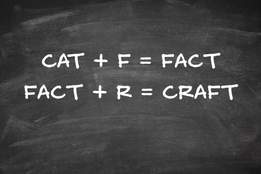chivalry
noun
chiv·al·ry
ˈshi-vəl-rē 

plural chivalries
1
: mounted men-at-arms
… the eleven kings with their chivalry never turned back …— Thomas Malory
Thomas Malory
 Thomas Malory
Thomas Malory2
3
: gallant or distinguished gentlemen
… Belgium's capital had gathered then her beauty and her chivalry …— Lord Byron
Lord Byron
 Lord Byron
Lord Byron4
: the system, spirit, or customs of medieval knighthood
but Lancelot on him urged all the devisings of their chivalry— Alfred Tennyson
Alfred Tennyson
 Alfred Tennyson
Alfred Tennyson5
: the qualities of the ideal knight : chivalrous conduct
chivalry demanded of him that he be conspicuous through his gallant, courteous, and generous behavior— H. W. Van Loon
H. W. Van Loon
 H. W. Van Loon
H. W. Van LoonLove words? Need even more definitions?
Merriam-Webster unabridged









Share